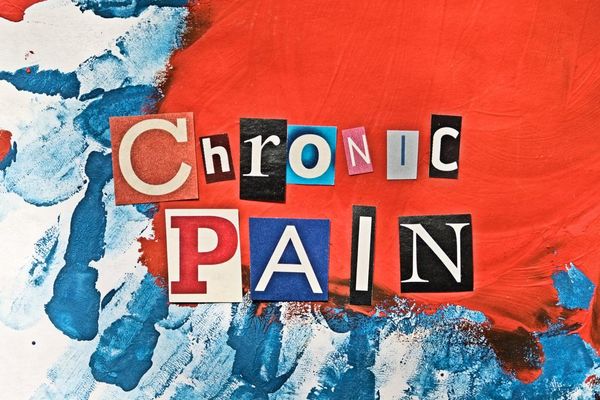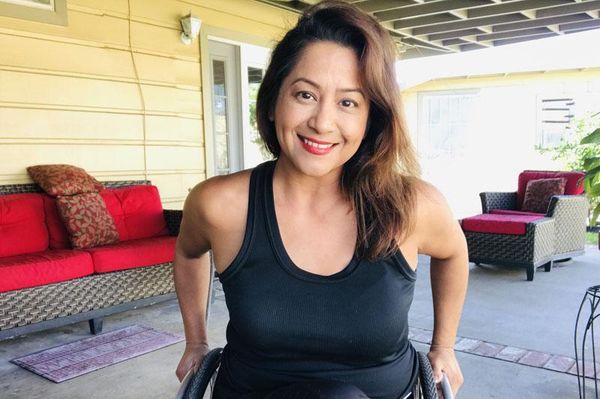When it comes to pain-management options, not surprisingly, safe and effective pain relief should be priority number one. What may be surprising, however, is that some treatments have advantages that go beyond pain relief. In fact, there are a number of affordable and convenient pain treatments that work to alleviate symptoms—and come with bonus benefits. The following pain-relief treatments are sustainable, have additional advantages and most importantly they're often times effective for many types of painful conditions when combined with a comprehensive treatment plan.
1. Massage
Massage is a popular pain-relief option as it increases blood flow and reduces muscle tension. It also decreases inflammation by activating genes that naturally reduce swelling. Furthermore, it improves muscle recovery by stimulating mitochondria, the "energy packs" driving cellular function and repair.
Bonus Benefit – Stress Relief
Stress can send the brain into overdrive causing adrenaline and cortisol to release into the body, manifesting in trouble sleeping, digestive issues and a host of other health problems. Pain and stress often go hand in hand, but thankfully massage is one way to manage both at the same time. In fact, recent studies found a reduction of cortisol in saliva samples after the participant received a massage. And while making an appointment at the spa can be prohibitive due to time and cost, there are great handheld massager options like the Wahl Deep Tissue Massager. The intensity can be adjusted for customized pain relief in the comfort of your own home.
2. Glucosamine
Glucosamine supplements are commonly used to reduce jointpain because they don't require a prescription. Many individuals use glucosamine sulfate orally to treat a painful condition caused by the inflammation, breakdown and eventual loss of cartilage as seen in osteoarthritis. Current research demonstrates that the oral use of glucosamine sulfate may provide some pain relief for people with osteoarthritis of the knee, hip or spine. Early research suggests that oral use of glucosamine hydrochloride might reduce pain related to rheumatoid arthritis when compared with placebo, an inactive substance.
Bonus Benefit – Reduced Risk for Cardiovascular Disease
Besides pain relief, a recent research study found that adding a glucosamine supplement to your diet may reduce your risk for cardiovascular disease and early death. In fact, it demonstrated that those who took the supplement regularly saw a 15% lower risk of overall cardiovascular disease and a 9% lower risk of stroke.
3. Acupuncture
Acupuncture is a popular Chinese-based medicine that involves the insertion of fine needles at strategic points on the body. There are several ways in which acupuncture potentially helps to decrease pain and promote tissue recovery. For example, it can signal the body to release pain moderating chemicals called endorphins and enkephalins, which increase blood flow to the tissue and bring in nutrients and oxygen to stimulate healing. After an acupuncture session, studies have shown that the body is more likely to be receptive to naturally occurring painkillers and chemicals that help to alleviate muscle tension or discomfort.
Bonus Benefit – Better Sleep
While acupuncture is often used to treat pain symptoms, it is commonly used for overall wellness, including evidence as an effective treatment for insomnia. This is especially noteworthy as quality sleep plays a vital role in both our physical and mental well-being.
Dr. Anita Gupta is a pain anesthesiologist and pharmacist. More: anitagupta.com.
The foregoing does not create a doctor-patient relationship and is not intended to replace any guidance from your own treating physicians.
- Naturopathy - HealthyWomen ›
- 5 Out-of-the-Box Ideas for Pain Relief - HealthyWomen ›
- New Chronic Pain Treatments Help the Whole Person ... ›
- Can Acupuncture Help? - HealthyWomen ›
- Acupuncture - HealthyWomen ›







